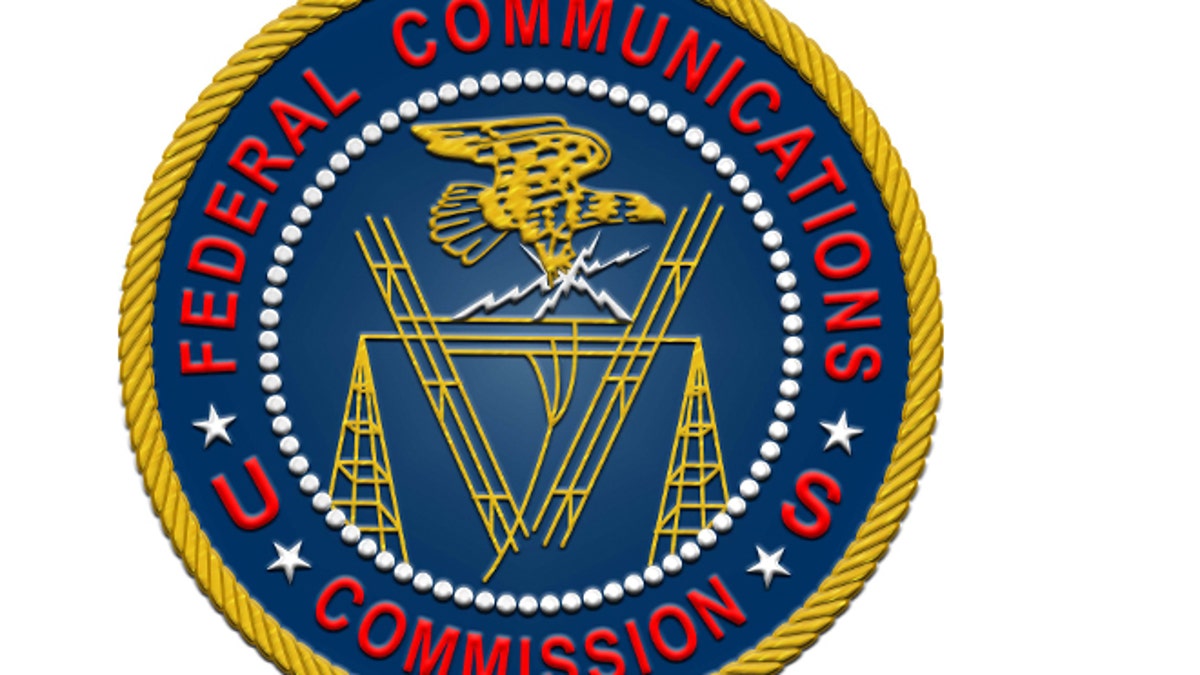
The FCC chairman, Tom Wheeler, issued a statement today providing details of a path forward for the commission's Open Internet rules for Internet service providers, guidelines that were struck down last month in the Verizon v. FCC decision. Wheeler's statement said that the commission would try to reinstate the goals of:
- No blocking. ISPs can't block Internet traffic for competitive reasons.
- Nondiscrimination. All traffic must get equal treatment.
- Enforcing the transparency policy. ISPs must be disclose how they handle Internet traffic (a federal court had upheld that policy).
In his statement, Wheeler said that the FCC believed that last month's court decision invited the commission to act under section 706 of the Telecommunications Act of 1996. Section 706 essentially gives the FCC the authority to ensure that advanced telecommunications capability—that is, "high-quality voice, data, graphics, and video telecommunications using any technology"—is deployed to all Americans in a reasonable and timely fashion.
The FCC also seems to be keeping another option on the table: the ability to classify ISPs as "common carriers" under Title II of the Telecommunications Act of 1934. That would open ISPs up to a level of regulatory scrutiny currently reserved for telephone providers and oil and gas pipelines. If the FCC goes that route, it can expect a huge political fight. Michael Powell, a former FCC chairman who's now head of the National Cable & Telecommunications Association, has said there would be "World War III" if the FCC tries to classify ISPs as common carriers.
Today's statement was really just a preview of rules that the FCC hopes to have in detail by later this year. Wheeler has invited the industry and the public to comment on the issue and contribute thoughts on the path forward. As indicated in a recent Consumer Reports survey, most American's would be incensed by ISPs blocking or otherwise discriminating against popular services such as Netflix and Pandora—71 percent said they would attempt to switch providers.
If you'd like to tell the FCC how you feel, visit its public comment page.
—Glenn Derene
Copyright © 2005-2014 Consumers Union of U.S., Inc. No reproduction, in whole or in part, without written permission. Consumer Reports has no relationship with any advertisers on this site.








































